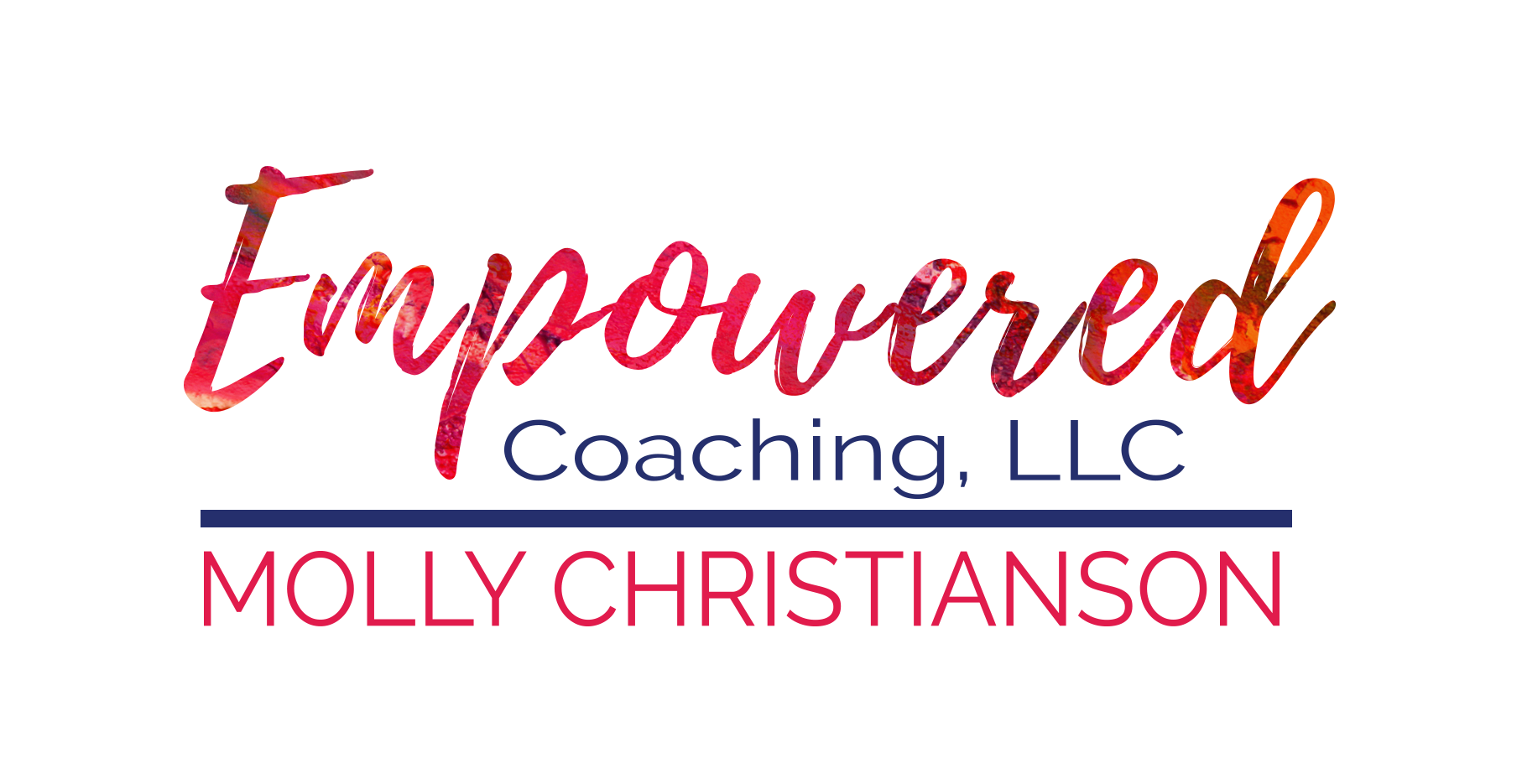4 Quick Tips to Get You Into "Flow"
The other day, I stopped at the office where I occassionally work. Truth be told, its not a place I like to go when I need to get work done. I would much rather work from home where it is quiet and I can avoid distractions by closing my door and turning off all of the alarms and notifications. While I was at the office, the gentleman whose office door is across from my cubicle entrance came out to say “Hello.” We chatted a bit and then somehow got onto the topic of distractions. We agreed that we both work better when distractions are minimized and empathized with each other about how hard it is to get back into the “flow” after being interrupted. Hence, the purpose of this blog post, 4 tips to get you into “flow.”
When we are in flow, we are completely focused on our respective task, work very effectively, have more fun, and feel more connected to ourselves and our work. Here you'll find some tips that create more moments of flow for yourself.
Tip #1: Avoid distractions
To get in flow, it's important not to be distracted. Often it takes 10 to 15 minutes of working with undivided attention and zero interruptions to really get into a state of “flow.” After experiencing a distraction, it takes about 25 minutes to get back into your “flow” state. (Wow! Distractions are costly)!!
So put your phone on flight mode, close your emails, and find a quiet and undisturbed place to work. Be sure to also let your colleagues know that you don't want to be disturbed. (I’m still working on how to create silence within a cubicle. If you have ideas, send them my way).
Tip #2: Choose the right moment
Being in “flow” can often feel powerful and energetic. However, getting into “flow” requires spending energy to activate your willpower and your attention. Therefore, it is best to plan your “flow” moments so they take place at times when you have full energy available. I reccomend doing your hardest tasks in the first hour of arriving at work or shortly after a long break, a walk, workout, or power nap.
Tipe #3: Stop using caffeine as an energy boost
While caffeine can help you to concentrate better and get into “flow” more easily, you should keep in mind that a caffeine high is usually followed by a low where you can feel even more tired and exhausted. Also, too much caffeine can lead to concentration problems. It's best to plan your coffee consumption strategically, so that you can make the most of the extra energy boost and avoid that possible low so it doesn't clash with your productivity needs.
Tip #4: Choose the right task
It is not only the timing and your energy level that can determine how easy it is for you to get into “flow.” The task you are working on also has a great influence here. Basically, three characteristics are relevant:
How specific and clear the task is for you,
how challenging it is, and
whether the task has a clear end point or goal.
Clear and specific tasks can prevent distractions and the constant switching between different tasks, can help you concentrate fully on the task itself, rather than spending your energy deciding what the next steps are. So think in advance of what exactly it is, what you will be working on, what steps are necessary, and how you can accomplish them.
It is particularly helpful to select tasks that have just the right degree of complexity and represent an optimal challenge for you. If the task is too easy, your brain starts to get bored and starts to distract itself. If the task is too difficult, this can quickly lead to excessive demands, avoidance, and procrastination. So do your best to choose a task that is both a challenge and still within your reach.
Finally, it helps to have a clearly defined end-goal or result for the task. This way you'll know when you have successfully completed the task and therefore prevent procrastination. You'll also have the inner motivation that's been clearly defined as well as an imminent experience of success.
Your moments of “flow.”
What has caused you to experience “flow?” Which tasks have you worked on? What other factors have played a role for you and what do you think of the tips I have provided here?
You can talk about these questions and how you can best get into flow with me in one of your next sessions. Together we can find out what you need to create “flow” moments in a targeted way that suits your situation

